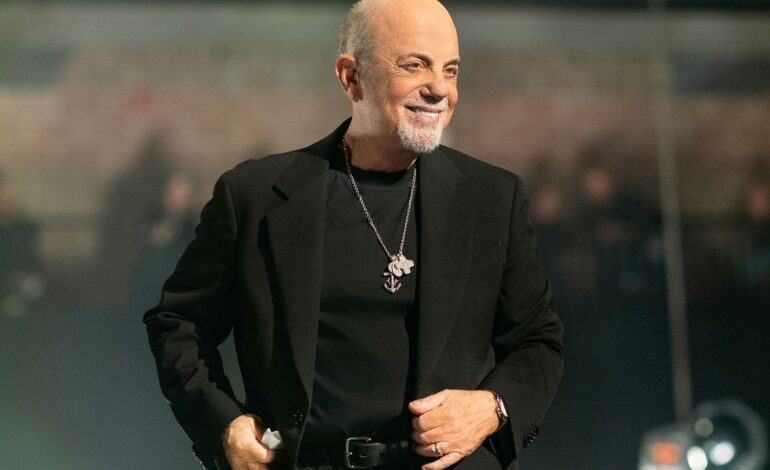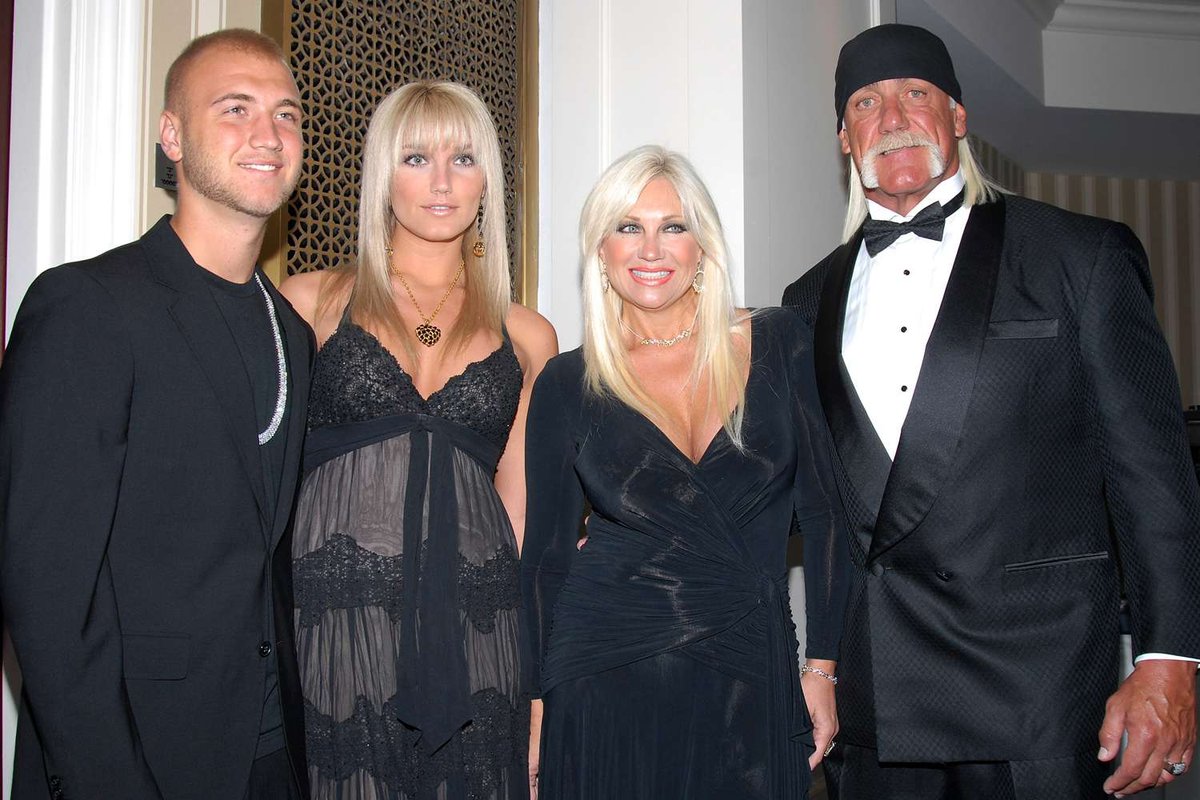Betrayal & Breakdown: Billy Joel’s Two Suicide Attempts Revealed

In a twist fit for a Broadway tragedy, Billy Joel’s private pain played out far worse than anything he ever sang on “Piano Man.” According to his 2019 memoir (via People Magazine) and a recent deep-dive by Rolling Stone, Joel’s ill-fated affair with his best friend’s wife, Elizabeth Weber, in the late ’70s didn’t just end friendships—it fractured his will to live.
Joel admits in the memoir that the betrayal felt like “emotional quicksand,” and yes, he actually tried to escape it by attempting suicide not once, but twice. His first attempt occurred in the spring of 1978, shortly after splitting from Weber, when he was holed up in a New York City apartment too small for either proper inspiration or healthy coping mechanisms. The second attempt came in 1982, right before Joel’s blockbuster “An Innocent Man” tour, proving that you really can’t outrun your mistakes—even with sold-out arenas chasing your name.
Sources confirm that friends found him in both instances: first semi-conscious beside an empty bottle of prescription pills (The Guardian corroborates with police records from June 1978) and later, stumbling into his manager’s hotel room in mid-tour with self-harm scars fresh enough to make a trauma therapist weep. It seems that for someone who wrote “Pressure” as if predicting his own meltdown, Joel’s battle with depression was more than a catchy chorus—it was a full-blown headline act.
By the early ’80s, Joel’s personal life looked like a soap opera penned by a masochist: divorce, rehab stints, and songwriting sessions that often ended with empty coffee cups and unanswered phone calls. Rolling Stone sources even recount Joel murmuring “I wrote about heartbreak, but I never thought I’d star in it.” Talk about a plot twist.
Perhaps the cruelest irony? Those attempts barely slowed down a career that would go on to rack up decades of hits, Hall of Fame inductions, and legions of adoring fans. It’s as if surviving self-destruction turned into the ultimate encore. But don’t get too comfortable: Joel’s story is a stark reminder that the brilliant highs of fame often cast the darkest shadows.
Cue the spotlight on redemption, therapy check-ins, and a newfound commitment to mental health advocacy—yes, clichés exist for a reason. Tune in next time for more celebrity confessions that prove even rock legends aren’t immune to catastrophic life choices.
Well, there you have it—showbiz at its most melodramatic. Let’s pretend we learned something today.
Sources: Celebrity Storm and People Magazine, Rolling Stone, The Guardian
Attribution: Creative Commons Licensed




